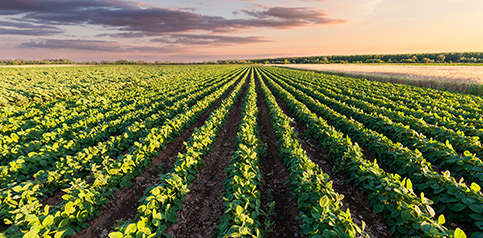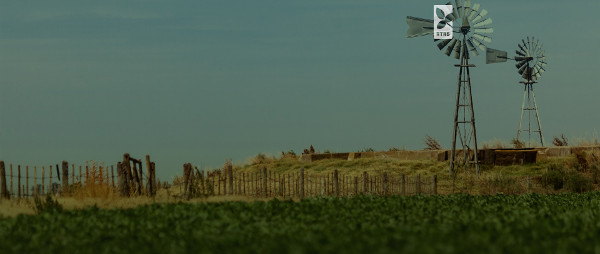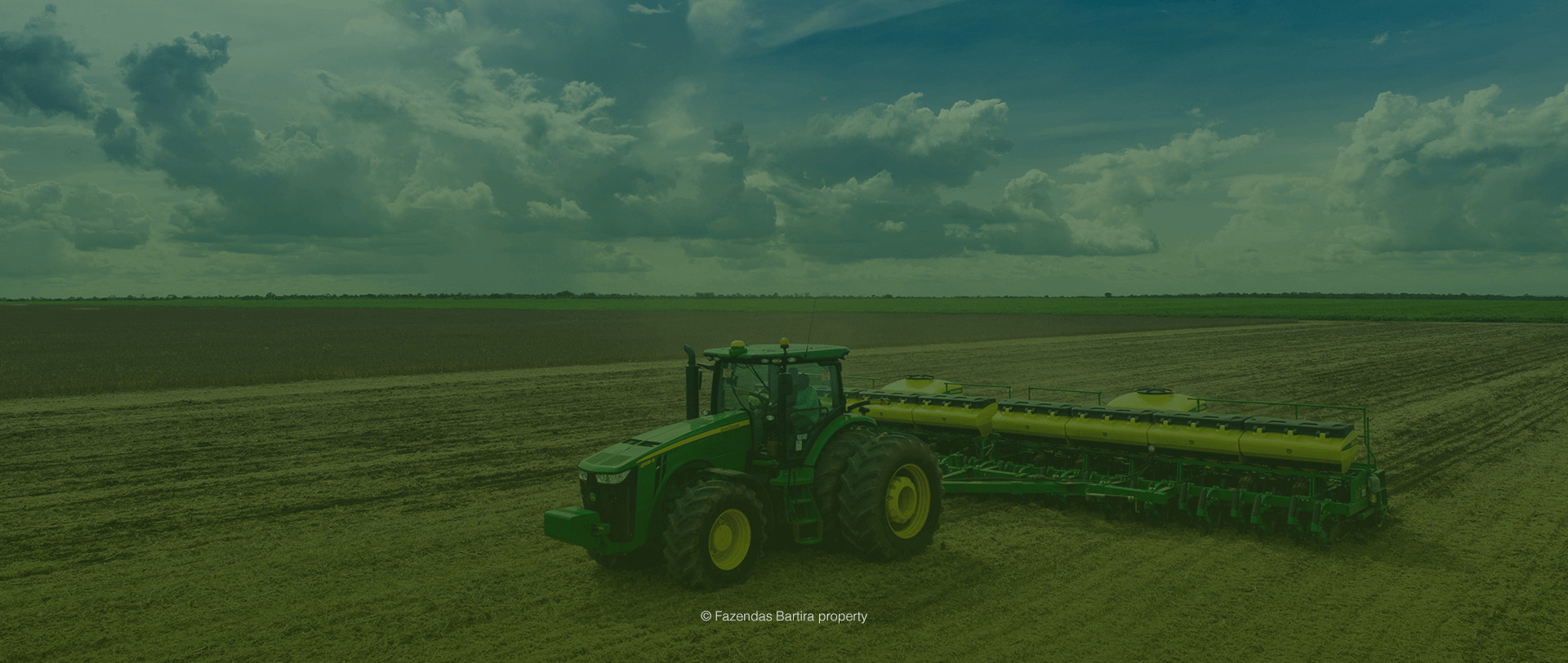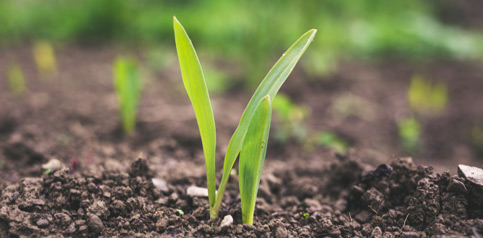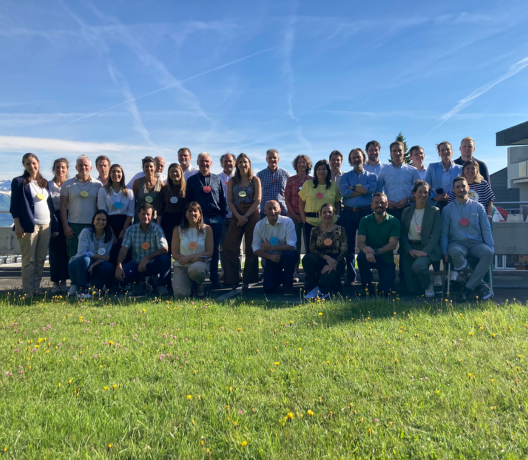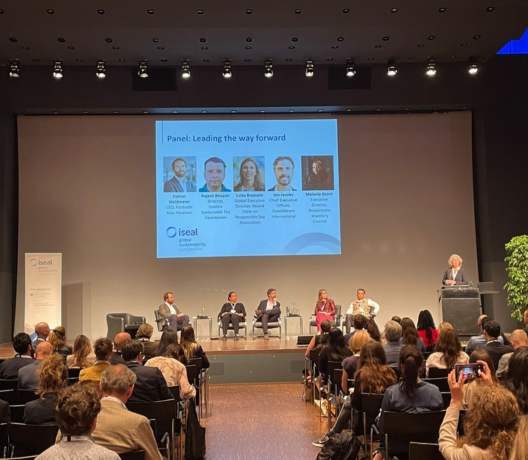Benefits of using a no-till system in sustainable soy production
The no-till system is a conservationist cultivation technique in which planting is carried out without the steps of conventional tillage. It ensures minimum soil tillage and permanent coverage by live crops or crop remnants, as well as crop rotation.
All RTRS-certified properties in Brazil have this system in place, as it provides several benefits to rural producers – such as a lower risk of erosion, lower production costs and less machine wear – and helps increase microbiological life in the ground. It also sequesters carbon and reduces carbon emissions coming from the property, as the carbon is incorporated into the straw and the plants living in the soil.
“A no-till system helps reduce erosion and, consequently, improves water quality, reduces silting in rivers and springs and increases soil life”, states Jeankleber Bortoluzzi, Agronomist and Administrative Manager at the Brazilian Federation of no-Till Farming and Irrigation (FEBRAPDP).
In fact, most aquifers are recharged in farms using the no-till system and in compliance with environmental laws. This means that producers who keep the soil covered with straws or living plants can conserve water within their own properties.
“The primary difference between no-till and conventional tillage systems is that, while in the former there is no intervention in the soil, in the latter the soil is prepared prior to planting, which involves the use of plows and crates to revolve and invert the layers, thus leaving the soil exposed to weather conditions conducive to erosion”, says Jeankleber.
According to RTRS External Consultant Cid Sanches, the benefits of using a no-till system are strongly correlated with the gains experienced by certified producers, as the RTRS standard is a tool that ensures soy production that is environmentally correct, socially just and economically viable.
“Uniting the benefits of certification with those of a no-till system is an excellent way to increase profits in soy production. However, I would like to emphasize that certification is neutral; properties engaged in conventional planting can also be certified, since our main objective is efficient management and sustainability at all links in the chain”, notes Cid.
By means of its certification standard, RTRS disseminates knowledge and the use of technologies to promote sustainable production, thereby contributing to an increase in responsible soy exports in the global market, which is becoming increasingly demanding vis-à-vis the origin and quality of traded products.
About FEBRAPDP
In 2012, the Brazilian Federation of no-Till Farming and Irrigation (FEBRAPDP) celebrated its 20-year anniversary and 40 years of no-till farming in Brazil. The Federation values the work done by farmers and works with them to build new horizons for sustainable agriculture. From a technology standpoint, no-till farming and irrigated agriculture are by far the best options for the development of agriculture. These technologies make it possible to boost production capacity, thereby contributing to food security and the country’s positive trade balance. FEBRAPDP also strives to contribute to public policymaking for the sector and add value to Brazilian farmers. For more information, visit www.febrapdp.org.br/




